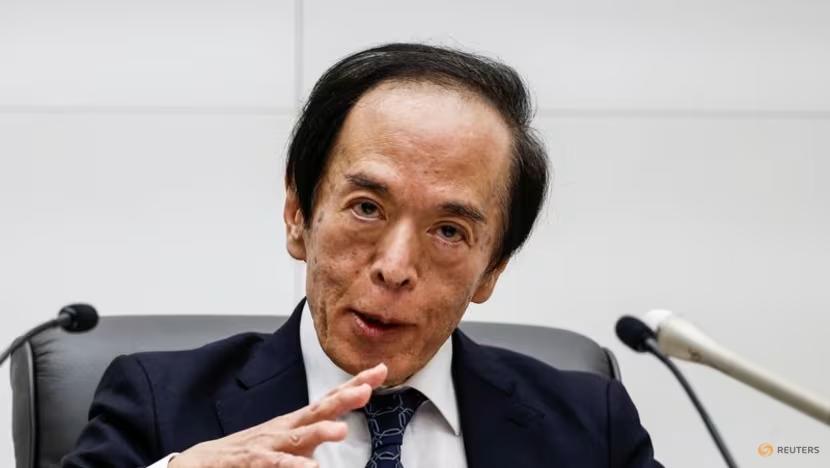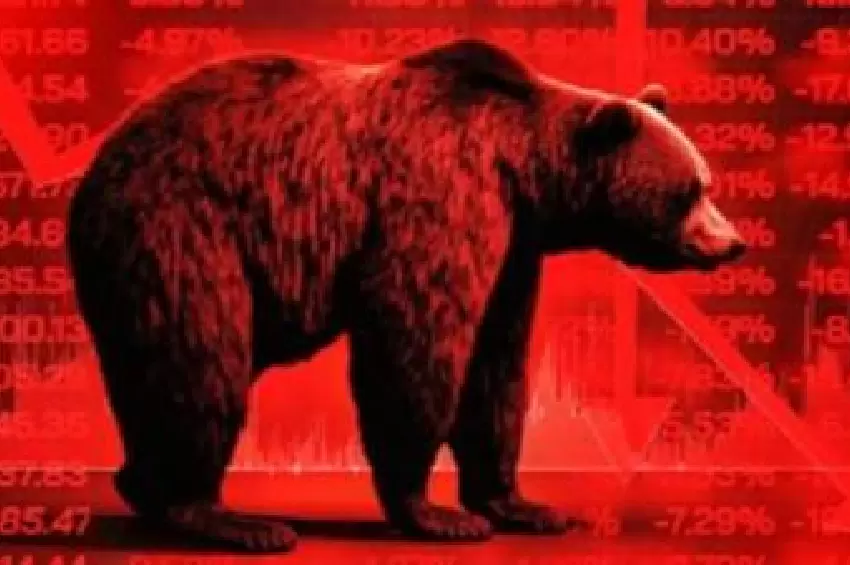Tokyo - The Bank of Japan's Policy Dilemma
As speculation intensifies over when Japan will next raise interest rates, a new debate is emerging within the central bank: how high rates can go. This pivotal question may be addressed at this week's policy meeting.

While markets anticipate the BOJ will maintain rates on Thursday, Governor Kazuo Ueda is expected to clarify the bank's strategy for future rate hikes. BOJ staff estimates suggest that short-term rates could rise to around 1 percent without stifling growth, though some within the bank argue that recent sluggish consumption indicates a lower threshold.
The outcome of this debate is crucial for determining the pace of future rate hikes, as the BOJ aims to reach near-neutral policy rates by early 2027. Most analysts predict the BOJ will increase short-term rates from the current 0.25 percent by March, marking the first step towards neutral economic levels.
Former BOJ board member Takahide Kiuchi anticipates a slower pace of hikes once rates reach 0.5 percent, as further increases would bring borrowing costs closer to neutral. "The BOJ likely believes Japan's neutral rate is slightly below 1 percent," Kiuchi said, forecasting hikes to 0.5 percent in January and 0.75 percent by September next year.
The BOJ exited a decade-long radical stimulus program in March and raised short-term rates to 0.25 percent in July, citing Japan's proximity to achieving its 2 percent inflation target. Ueda has indicated that the BOJ will hike to near Japan's neutral rate if the economy continues to recover.
However, there is no consensus within the BOJ on the precise neutral rate, partly due to a lack of credible estimates in a country where interest rates have been near zero for over two decades. Some BOJ officials believe Japan's neutral rate may be lower than 1 percent, citing weak growth and inflation despite very low real borrowing costs.
Japan's economy expanded at an annualized 1.2 percent in the third quarter, slowing from the previous quarter's 2.2 percent increase, with consumption rising a mere 0.7 percent. Core inflation, which peaked at 4.2 percent in January 2023, has steadily declined to 2.3 percent in October, showing little sign of accelerating.
Such data, combined with moderating inflationary pressure from import costs, has led to a growing view within the BOJ that there is no urgent need for rate hikes. Estimating Japan's neutral rate at around 1 percent would require at least two hikes. A lower estimate would reduce the pressure on the central bank to raise rates frequently.
Hiking to 0.5 percent alone would bring short-term rates to levels not seen since 2007-2008. There is uncertainty about how the public would react to the prospect of steady rate hikes. "If the neutral rate is lower than expected, the BOJ must tread carefully as hiking too quickly could cool the economy," one source said.









Comments